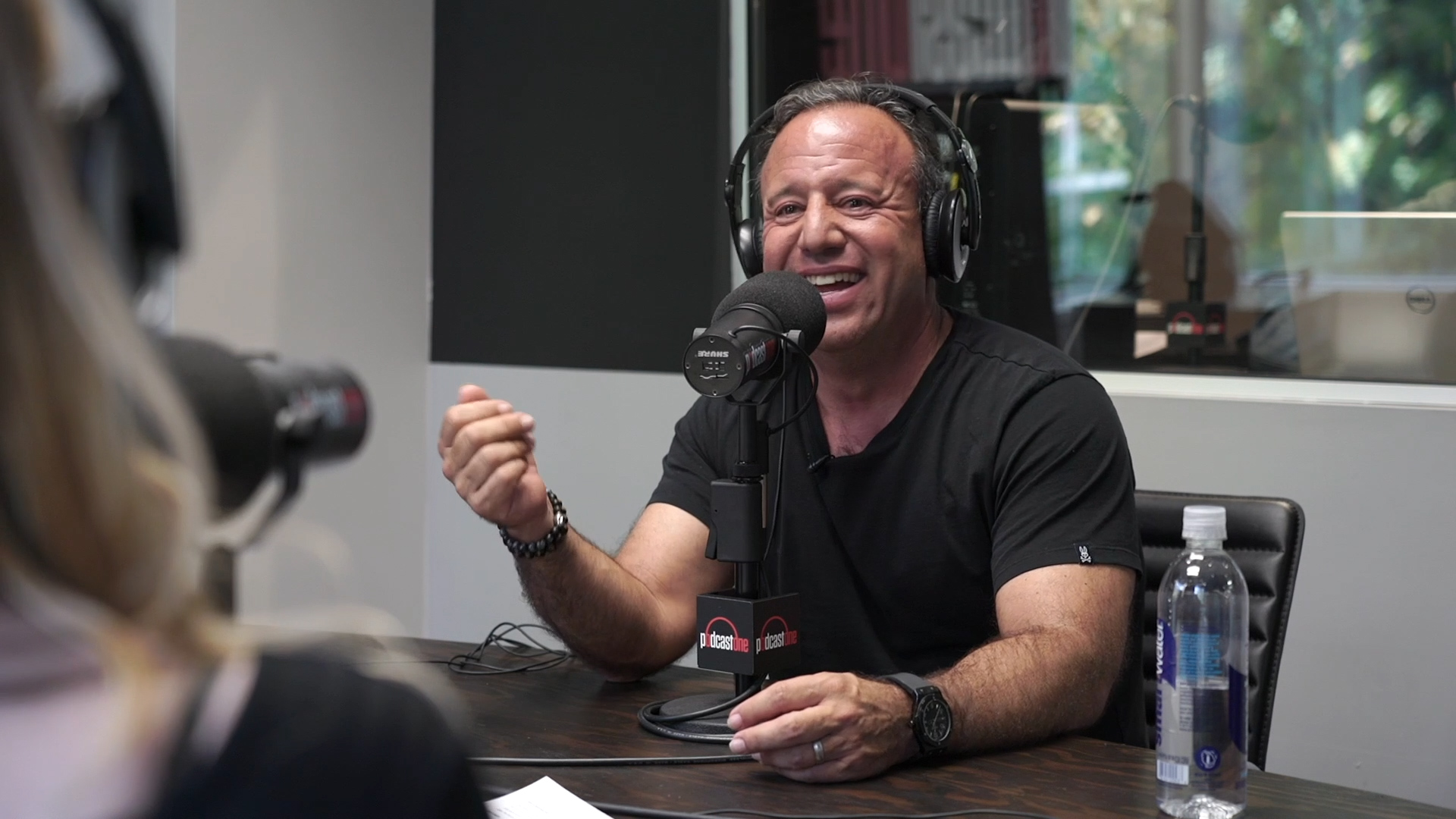Please remember that the greatest way you can help me is to subscribe, rate, and leave a review on my podcast. Thank you for your support!
The more efficient and effective we can be with our daily tasks, the greater our results will be over time. Here are seven strategies that will help us to identify areas for improvement and take action so that our habits and behaviors are reducing the resistance that we experience along the way.
Understanding our misuse of time
We can put all of our time into two categories: traction and distraction. When we practice identifying when we have traction toward our goals, as well as the times when we are distracted, we can begin to look for patterns within each category. By looking at what may be causing us to be distracted most often, we can work to eliminate or reduce those hindrances. And by looking at the times we have the most traction or momentum toward our goals, we can identify the circumstances which put us in the best position to excel.
Simple repetition isn’t enough to learn something well
We cannot learn the intricacies of a new skill if we are not giving it our best effort. When we are intentional about our practice, rather than simply going through the motions, we are opening ourselves up to learn even more about that skill. Mastery is impossible if we are not utilizing our full attention and intention to achieve it.
We cannot overachieve our self-image
Remember that our perception determines our reality. This includes not only the way we think about ourselves but also how we think about others (and their perception of us). Without faith in ourselves or a high level of self-belief, it is extremely unlikely for us to get close to our true potential, let alone achieve it.
Spending too much time searching for “perfect” solutions to a problem is a detriment
Just getting started on fixing something, rather than getting bogged down in research, is often the best approach to solving a problem. One of the ways we can avoid making this mistake is by being humble and asking people with expertise to help, rather than wasting our time and energy to solve a problem that others have already solved.
Comparison is the thief of joy
We need to be focused on running our own race, rather than paying attention to the other “racers” around us. Knowing our own priorities, meaning what we are tackling NOW and what we’re tackling NEXT, is an essential part of being productive, accessible, and gracious every day. Prioritization also helps with feelings of being overwhelmed or a tendency to procrastinate.
Faith is key for “trusting the process”
Having faith that we are being protected and promoted whenever we experience pain in our life, such as a failure or loss, is a boon for our mindset. If we have faith that a better future exists for us, we are exponentially more likely to push through any difficulties, rather than choosing to quit.
Technology is a great servant, but it should not be our master
Using technology and tools like AI to help us be more productive, accessible, and gracious with our daily life, rather than letting them rule us, is what we should strive for. We must understand the impact of technology on our activities that we are paid for (also known as work) and the activities that we are not paid for so that we can make adjustments to our habits as needed.

